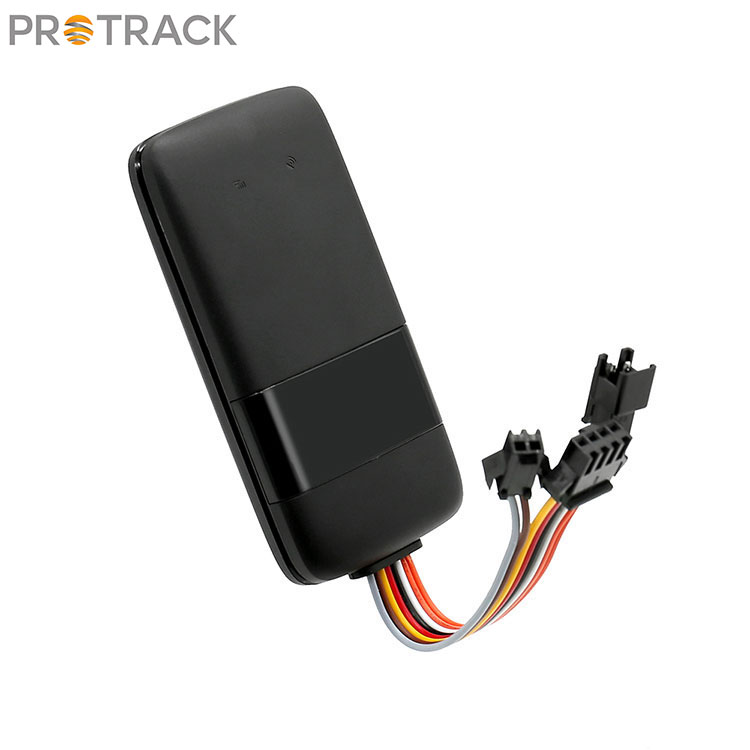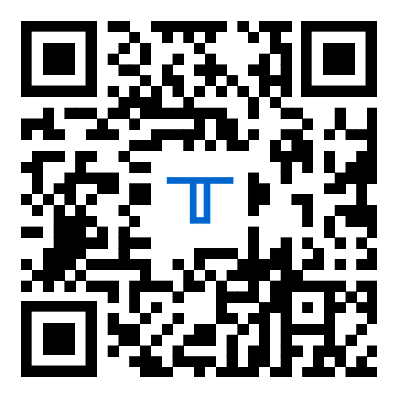Navigating the World: The Diverse Applications of GPS Locator Trackers
2023-12-04
Introduction:
In the digital age, GPS locator trackers have become an integral part of our daily lives, offering a myriad of applications that extend far beyond simple navigation. From enhancing personal safety to optimizing business operations, these small yet powerful devices have found their way into various industries, revolutionizing the way we interact with the world. In this blog post, we'll explore the primary applications of GPS locator trackers in different sectors and their impact on everyday life.
1. Personal Navigation and Location Sharing:
The most familiar application of GPS locator trackers is in personal navigation. Whether you're using a smartphone or a dedicated GPS device, these trackers help individuals find their way in unfamiliar territories. Additionally, location sharing features allow users to share their real-time whereabouts with friends and family, adding an extra layer of safety and convenience.
2. Fleet Management:
Businesses operating a fleet of vehicles, be it delivery trucks or a taxi service, rely heavily on GPS locator trackers. These devices provide real-time information on vehicle location, enabling efficient route planning, monitoring driver behavior, and optimizing fuel consumption. Fleet managers can make data-driven decisions to enhance overall operational efficiency.
3. Asset Tracking:
In industries where the movement of valuable assets is crucial, such as logistics and supply chain management, GPS locator trackers play a vital role. These devices help track the location of shipments, monitor the condition of goods (temperature, humidity, etc.), and provide real-time updates on the status of assets, reducing the risk of loss or theft.
4. Search and Rescue Operations:
In emergency situations, GPS locator trackers can be lifesavers. They are used in search and rescue operations to locate individuals in distress, whether lost hikers, stranded motorists, or disaster survivors. The accuracy and real-time nature of GPS tracking significantly expedite rescue efforts, potentially saving lives.
5. Wildlife Conservation:
Conservationists and researchers utilize GPS locator trackers to monitor the movement and behavior of wildlife. This technology helps track migratory patterns, study habitat use, and gather valuable data for wildlife conservation efforts. GPS trackers have been instrumental in understanding and protecting endangered species.
6. Agriculture and Precision Farming:
In the agricultural sector, GPS locator trackers contribute to precision farming practices. Farmers use these devices to monitor crop health, optimize irrigation, and plan efficient routes for machinery. The data collected assists in making informed decisions, ultimately increasing crop yields and reducing environmental impact.
7. Personal Fitness and Health:
In the realm of health and fitness, wearable devices equipped with GPS locator trackers have become popular. These devices help individuals track their outdoor activities, measure distances, and monitor progress over time. They contribute to a more holistic approach to health by integrating location data with other health metrics.
Conclusion:
As technology continues to advance, the applications of GPS locator trackers will likely expand even further, touching more aspects of our daily lives and industries we may not have imagined. From improving business logistics to enhancing personal safety, the versatility of GPS tracking technology showcases its transformative impact on how we navigate and understand the world around us. As we move forward, the integration of GPS locator trackers is poised to shape a more connected and efficient future.



